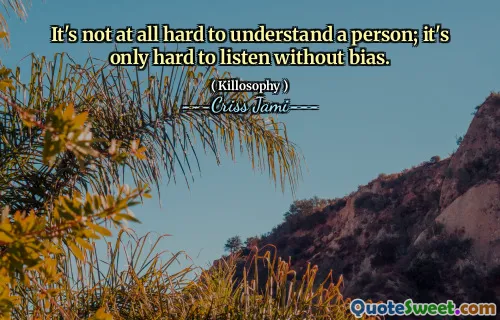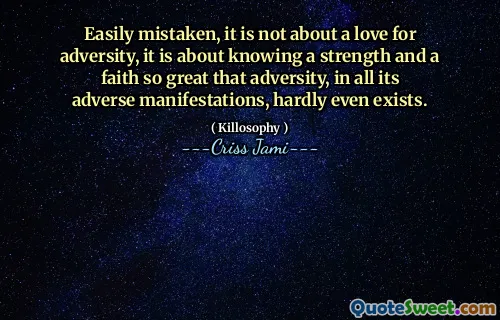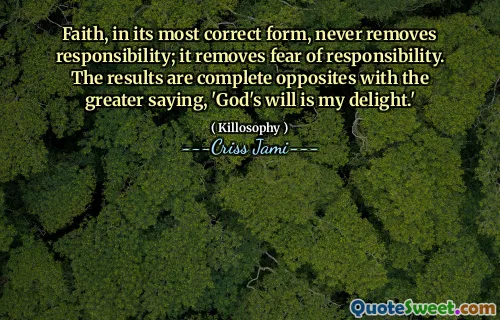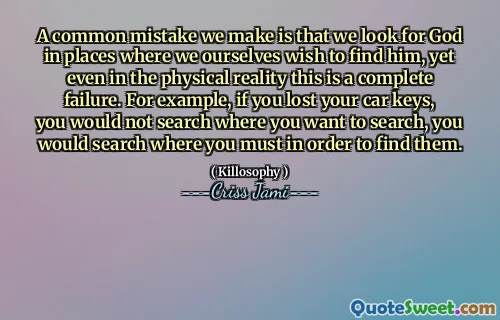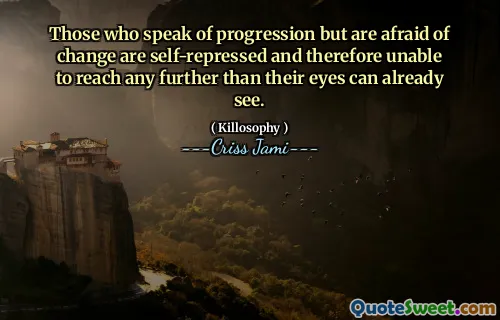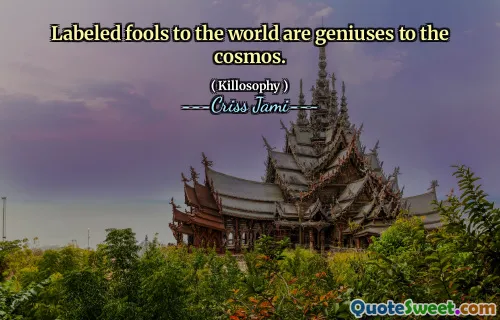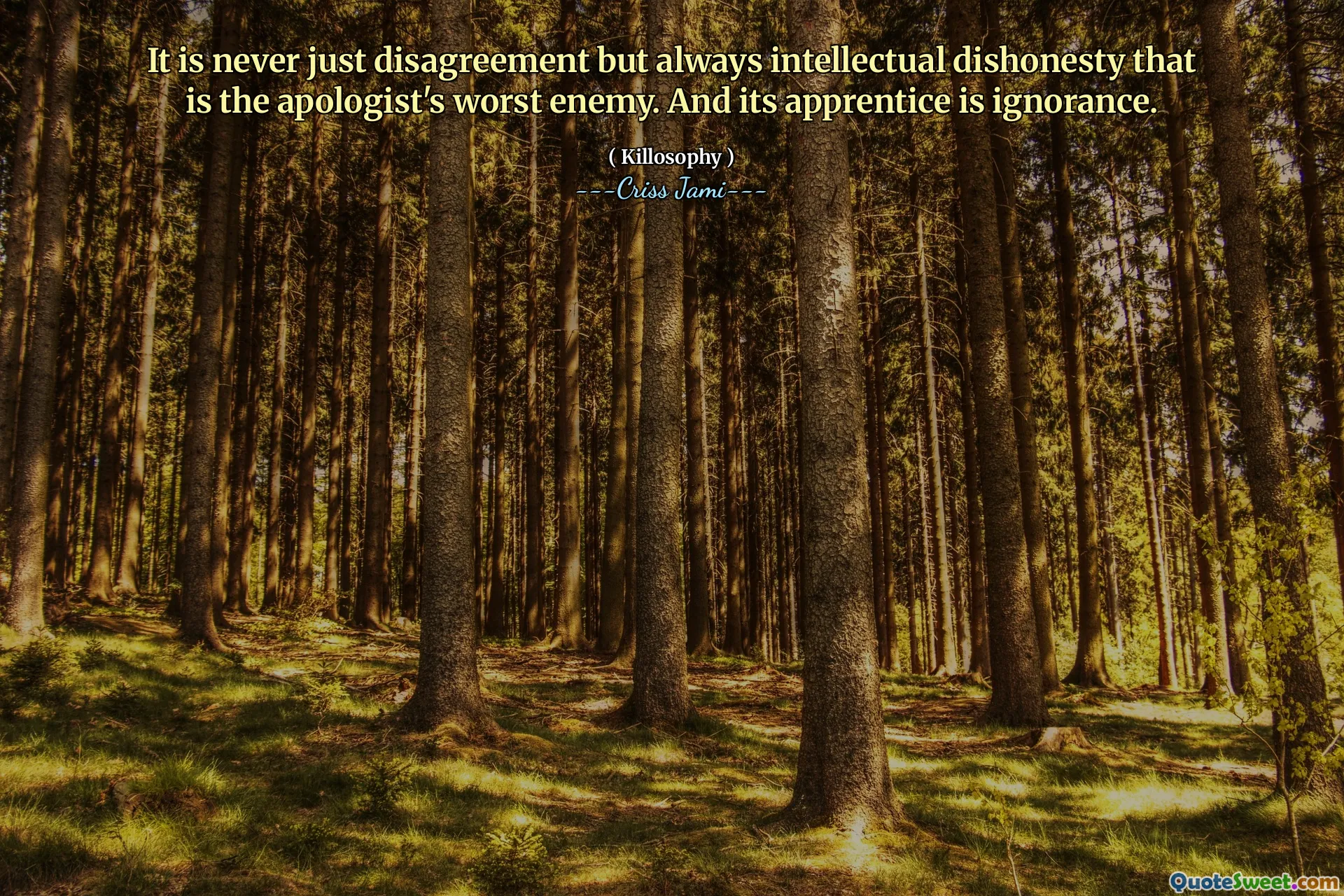
It is never just disagreement but always intellectual dishonesty that is the apologist's worst enemy. And its apprentice is ignorance.
This powerful statement underscores the profound relationship between honest discourse and the peril of intellectual dishonesty. In any debate or discussion, disagreement is natural and often necessary for growth; it signifies engagement and the pursuit of truth. However, when disagreement is rooted in dishonesty—such as misrepresenting someone's position, cherry-picking data, or engaging in fallacious reasoning—it poisons the very fabric of meaningful dialogue. Such dishonesty not only hampers understanding but also erodes trust. The quote emphasizes that the true adversary isn't disagreement itself but the dishonesty that corrupts genuine debate. Moreover, it highlights how the dark path of intellectual dishonesty fosters ignorance. When individuals resort to dishonesty, they suppress meaningful inquiry and critical thinking, allowing ignorance to flourish unchecked. This ignorance becomes a fertile ground for misinformation and dogma, creating a cycle where falsehoods beget further ignorance and closed-mindedness. Recognizing this chain reaction is vital in navigating disagreements; striving for honesty and humility fosters an environment conducive to learning. The quote reminds us that confronting our biases and being honest about our limitations are essential steps toward intellectual integrity. Ultimately, fostering an open yet truthful environment allows for progress, understanding, and the dispelling of ignorance. As Criss Jami suggests in '(Killosophy)', cultivating authenticity and sincerity can be the antidote to the corrosive effects of dishonesty, leading to genuine enlightenment rather than superficial conformity.
